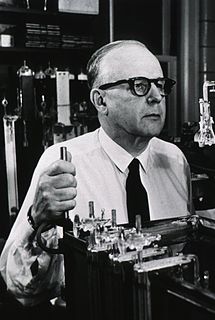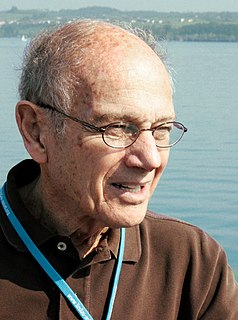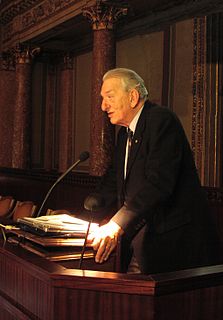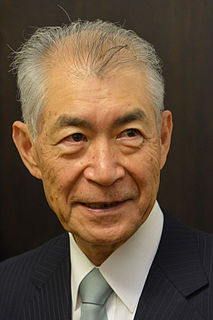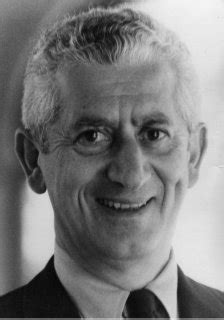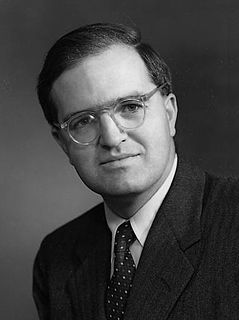A Quote by Susumu Tonegawa
In 1981, after ten years in Basel, I returned to the United States to continue my research on the immune system at the Center for Cancer Research of the Massachusetts Institute of Technology where Director Salvador E. Luria provided me with an excellent laboratory.
Related Quotes
I've never like had a system or a program, I always think that I don't know how to act. I'll adapt to any director because I don't really have a set way that I do things. If a director hires me and says, "I want you to get started right now and do this research, this research, this research and I want you to have every line memorized before you ever show up for the first day," then that's what I'll do.
In 1998, I set up and directed a research group at the Nanotechnology Institute newly created in the Research Center of Karlsruhe. This allowed to offer to former post-doctoral coworkers the opportunity to develop and to progressively set up independent research activities in nanoscience and nanotechnology.
The field of U.S. cancer care is organized around a medical monopoly that ensures a continuous flow of money to the pharmaceutical companies, medical technology firms, research institutes, and government agencies such as the Food and Drug Administration (FDA) and the National Cancer Institute (NCI) and quasi-public organizations such as the American Cancer Society (ACS).
More than 40 years after the war on cancer was declared by President Richard Nixon in 1971, we are not much closer to preventing the disease. The National Cancer Institute has spent some $90 billion on research and treatment during that time. When have Americans ever waged such a long, drawn-out and costly war, with no end in sight?
In order for us to compete with China, we've also got to make sure, though, that we're taking - taking care of business here at home. If we don't have the best education system in the world, if we don't continue to put money into research and technology that will allow us to create great businesses here in the United States, that's how we lose the competition.

